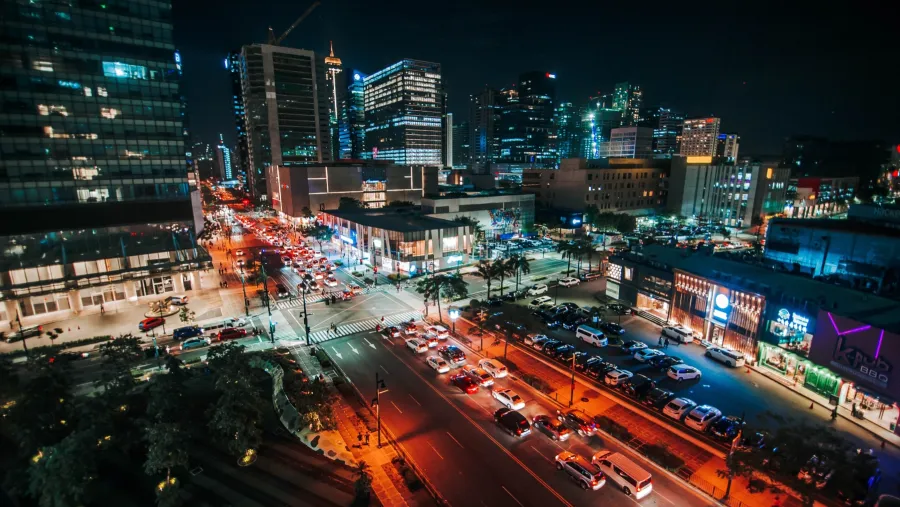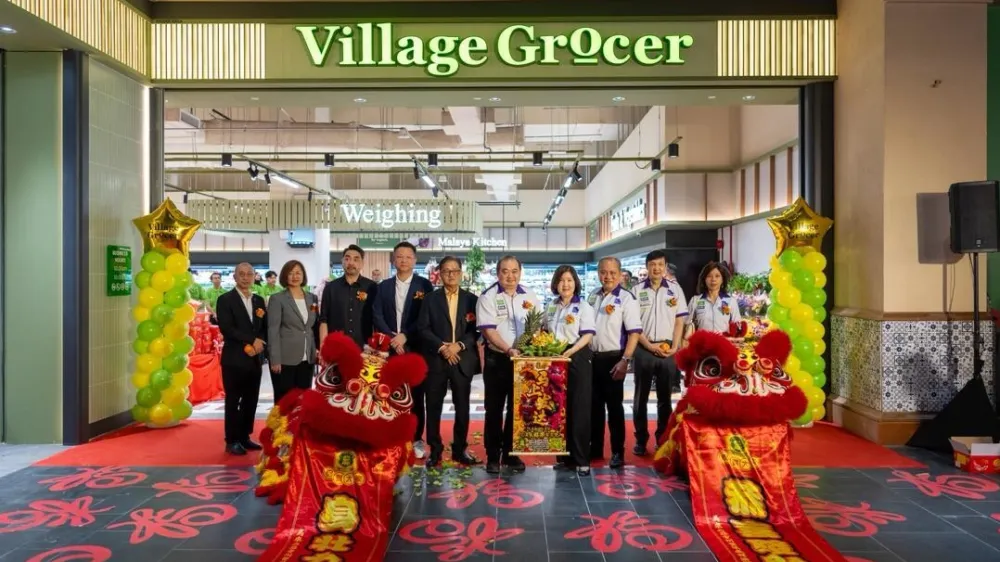
Philippines' retail sector shows signs of improvement: report
Retail sales in the country have been growing at a relatively slow pace.
Although the Philippines’ retail sales increases have remained sluggish since the COVID-19 pandemic, the industry has started to show signs of slow but steady improvement, according to a report from Fitch Solutions.
Retail sales in the country have continued to grow from Q1 of last year onwards, albeit at a relatively slow pace, the report noted.
Consumer spending in the Philippines is expected to remain positive, with real household spending set to grow by 5.5% YoY - although lower than the 7.6% growth forecast in 2022 growth is still projected to settle to an average of 5.1% per year over the rest of 2023 to 2026.
“We expect household spending to outpace consumer price inflation in 2023. This will ensure real income growth and greater potential for consumer spending. However, inflation is likely to remain elevated, and we expect the central bank to tighten monetary policy further in an attempt to maintain control,” Fitch said.
READ MORE: Philippines foodservice sector to grow by 17.5% through 2026
Consumer confidence in the Philippines remains low, but an examination of the previous two years shows signs of improvement, Fitch said.
Last September, consumer confidence stood at -12.9, down from the -5.2 reported in July but still an improvement on -54.5% reported in Q3 2020. Since then, consumer confidence has improved in line with the economic recovery from the effects of the pandemic, Fitch said.
Much like in other countries, the Philippines’ inflation has been increasing since January, reaching 6.9% in September based on government data.
Elevated inflation is expected to be a risk to the forecast with respect to consumer spending in the Philippines, but Fitch Solutions expects consumer price inflation to fall from 6.8% in 2022 to 3.7% in 2023.
“Coupled with real growth forecast at 6.2% in 2023, the growth of household incomes is set to outpace consumer price inflation, ensuring real income growth for consumers in the Philippines,” the report noted.
Inflationary pressure started to rise globally in 2021, as localised shortages were created by base effects, higher commodity prices and supply chain challenges, Fitch said. The Ukraine-Russia conflict has also affected the global supply prices of key commodities.
“Rising consumer price inflation has been the key risk to consumer spending over 2022, and it has been eroding purchasing power and shifting consumer spending away from discretionary spending. This is the economic reality that consumers enter into in 2023,” the report noted.



















 Advertise
Advertise





